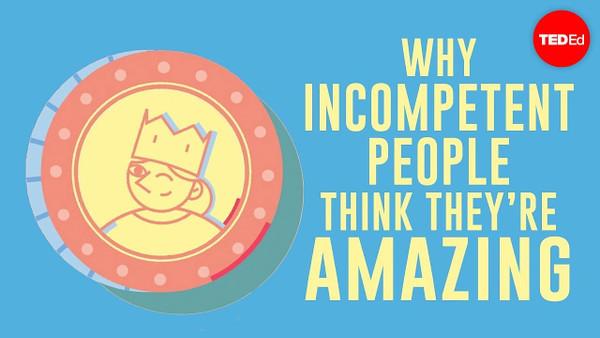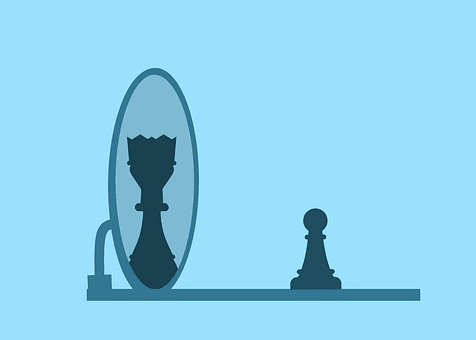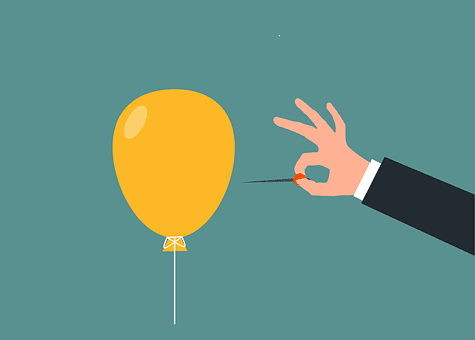Why incompetent people think they're amazing - David Dunning
Curated from: TED-Ed
Ideas, facts & insights covering these topics:
5 ideas
·841 reads
13
Explore the World's Best Ideas
Join today and uncover 100+ curated journeys from 50+ topics. Unlock access to our mobile app with extensive features.
Knowing how your skills measure up
Knowing how competent and skilled we are against other people helps us figure out when we can go ahead with our decisions or when we instead need to look for advice.
But psychological research suggests that we frequently overestimate our own abilities. This is known as the Dunning-Kruger effect. It explains why over 100 studies reveal that people show illusory superiority.
19
189 reads
We judge ourselves as better than others
On average, people tend to rate themselves better than most in disciplines ranging from health, leadership skills, ethics and more.
Those with the least ability often overrate their skills to the greatest extent. People who are measurably poor at logical reasoning, grammar, financial knowledge, math and emotional intelligence tend to rate their expertise almost as favourably as actual experts do.
18
171 reads
People lacking knowledge suffer a double curse
People lacking knowledge and skill in certain areas suffer a double curse.
- They make mistakes and reach poor decisions
- Those same knowledge gaps prevent them from noticing their errors.
In other words, poor performers won't notice how bad they are doing. For example, a study showed that 25% of teams in a college debate tournament lost nearly four out of every five matches, but thought they were winning almost 60%.
19
159 reads
The Dunning-Kruger effect is invisible to those experiencing it
The Dunning-Kruger effect isn't about an ego blinding us to our weaknesses. Once people can spot their deficits, they usually will admit to them. That is why people with moderate experience often have less confidence in their abilities. They know there's a lot they don't know.
Experts tend to make a different mistake. They tend to be aware of their knowledge and assume everyone else is knowledgeable too. As a result, they don't see how unusual their abilities are.
20
156 reads
How to know how good you really are
- Ask for feedback from other people and consider it, even if you find it hard to hear.
- Keep learning. The more knowledgeable we become the more we will know how competent we are.
21
166 reads
IDEAS CURATED BY
Joshua Martins's ideas are part of this journey:
Learn more about videos with this collection
How to synthesize information from multiple books
How to analyze a book
How to set reading goals
Related collections
Similar ideas
Read & Learn
20x Faster
without
deepstash
with
deepstash
with
deepstash
Personalized microlearning
—
100+ Learning Journeys
—
Access to 200,000+ ideas
—
Access to the mobile app
—
Unlimited idea saving
—
—
Unlimited history
—
—
Unlimited listening to ideas
—
—
Downloading & offline access
—
—
Supercharge your mind with one idea per day
Enter your email and spend 1 minute every day to learn something new.
I agree to receive email updates



